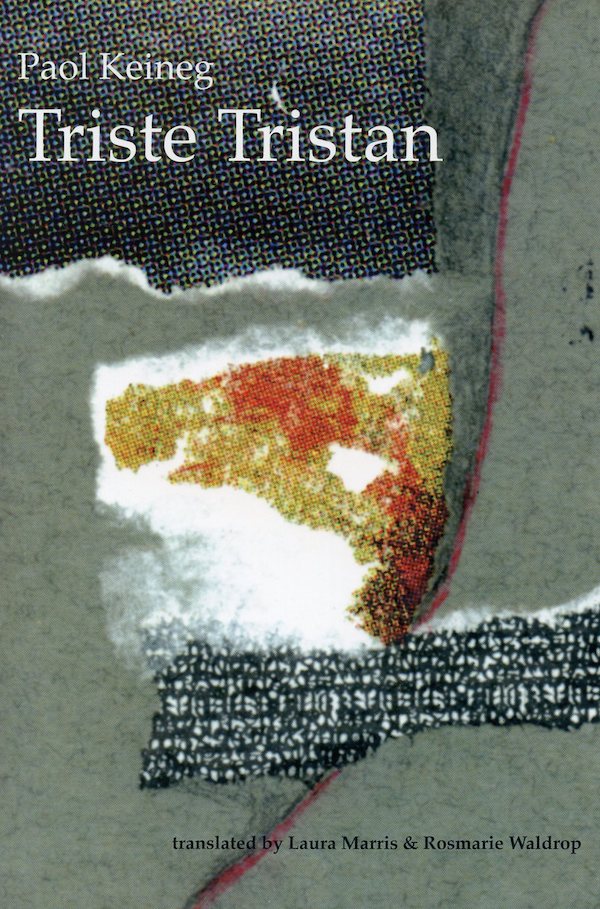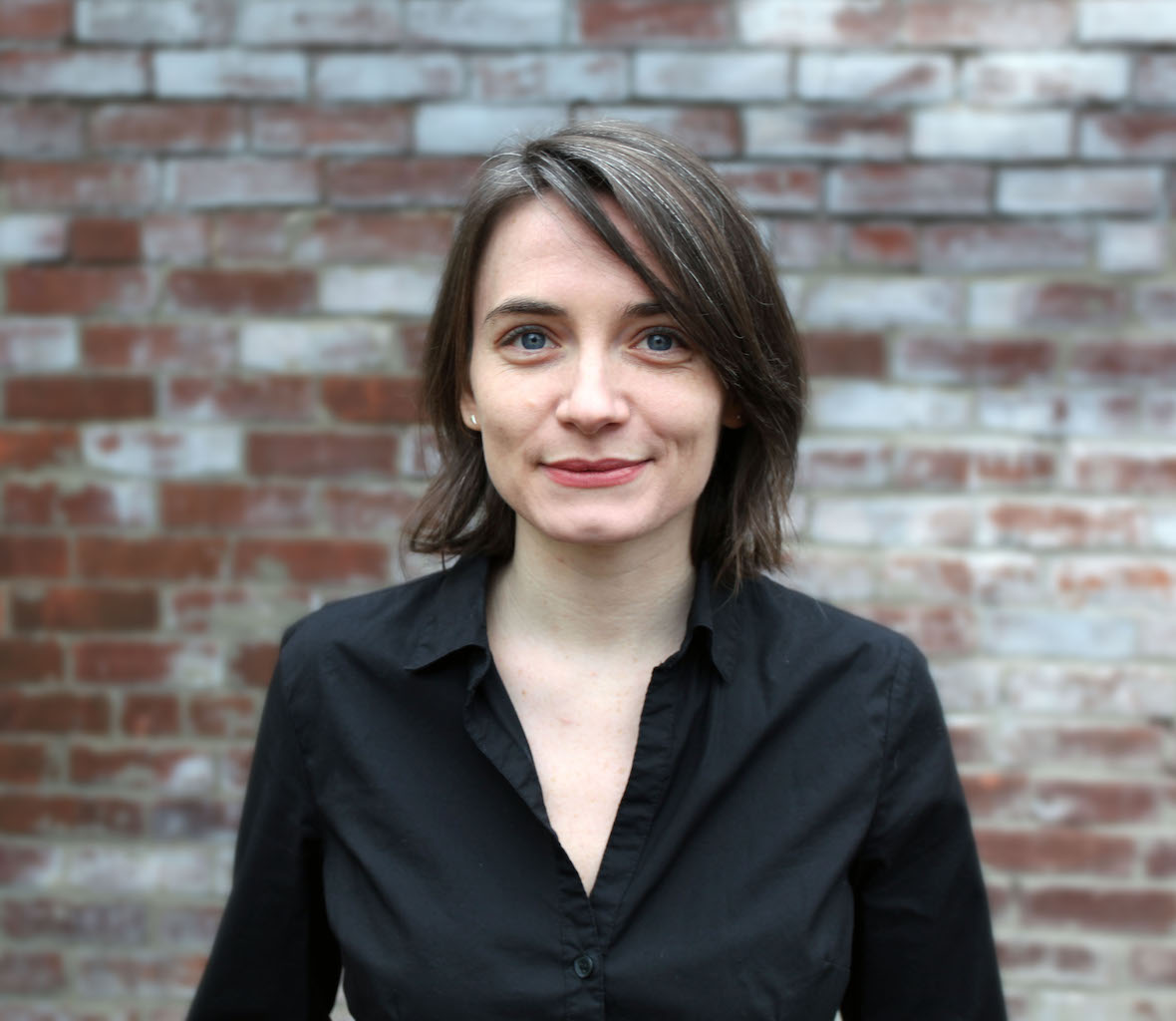What to do when the fabric of your memory is shiny and worn, when the landscapes you usually write about feel drained of their power? For me, the answer was to visit the places in the poems I was translating, to research the landscapes and textures of someone else’s memory, to attempt to understand the web of associations in their lines. When I translated “The Berlin Wall,” the polite images I had in my mind of ladybugs and blackberries weren’t going to cut it—I wanted to see Paol’s ladybugs.
I first discovered Paol Keineg’s poems through his book Abalamour, and in 2017, Rosmarie Waldrop asked me if I wanted to combine some of the poems I had translated with some of her brilliant translations to make a book of his work. Right away, I recognized that the challenge was not only in capturing Paol’s syntactical experiments and intricate imagery, but also in finding a way to communicate his multi-lingual sense of exile—how the precise locality of certain words demands that they remain in Breton, even if the rest of the poem is in French, or even in English. Exile, in Paol’s work, can be intimate in the way that translation is intimate—the feeling of struggling to spit out the right word, the ache in your jaw from hours of speaking an unfamiliar language. It’s easier to capture this sentiment in French, where langue means both language and tongue.
For Paol, home is Brittany, a region with a complex linguistic history, where ancient languages like Gallo and Breton still inflect daily speech, especially among older residents. When Paol was growing up, Breton was forbidden in French schools, and many people from his generation lost their mother tongue. Schools posted signs that read “no spitting on the floor or speaking Breton.” As a result, Paol’s poems are suspicious of linguistic authority—which was a challenge for me as a translator, and an invitation to think about the power relations between languages.
Keineg’s early political poems condemn centralized France’s economic oppression of Brittany and uphold the region’s independentism and resistance. As a result of his prominent politics, he was fired from his job as a schoolteacher in 1972. At the time, he chose to leave Brittany to come to the US, where he worked illegally in landscaping and other jobs. He eventually became a French professor and stayed in the US for thirty-five years.
Just before I met Paol, he moved back to the village where he grew up, to a house that was steps from the school he attended, where he once saw a teacher hanging a student out the window by his ankles as a punishment for speaking Breton. While I was working on “The Berlin Wall,” I spent three months in Brittany researching these translations, and Paol was generous enough to take me to revisit some of the places that appear in his poems.
The landscape had changed a great deal since his childhood, with agribusiness taking over from small family farms. These changes to the landscape marked a shift in Keineg’s writing, a transition from personal exile to ecological exile from a remembered Brittany it was no longer possible to return to. This shift manifested as a kind of lyric rage—and a need to write about the landscape he loves, to document, in an ecocritical way, what was happening to it.
As I followed this aspect of Paol’s work, a line from Borges kept returning to me: “The original is unfaithful to the translation.” Paol taught me how close writing and translating could be, and how both could pull from the deep well of changing landscapes and languages. Part of what drives this work is the way the original physical and cultural landscapes that inhabit our writing are always betraying their translations into poetry. We write the world down, but it doesn’t stay put.
This betrayal hurts us, and fuels us. The vital things that are rejected or erased come back to haunt the poems. Or, as Paol writes, “You spit out your soul/ it hits you right on the mouth.”




